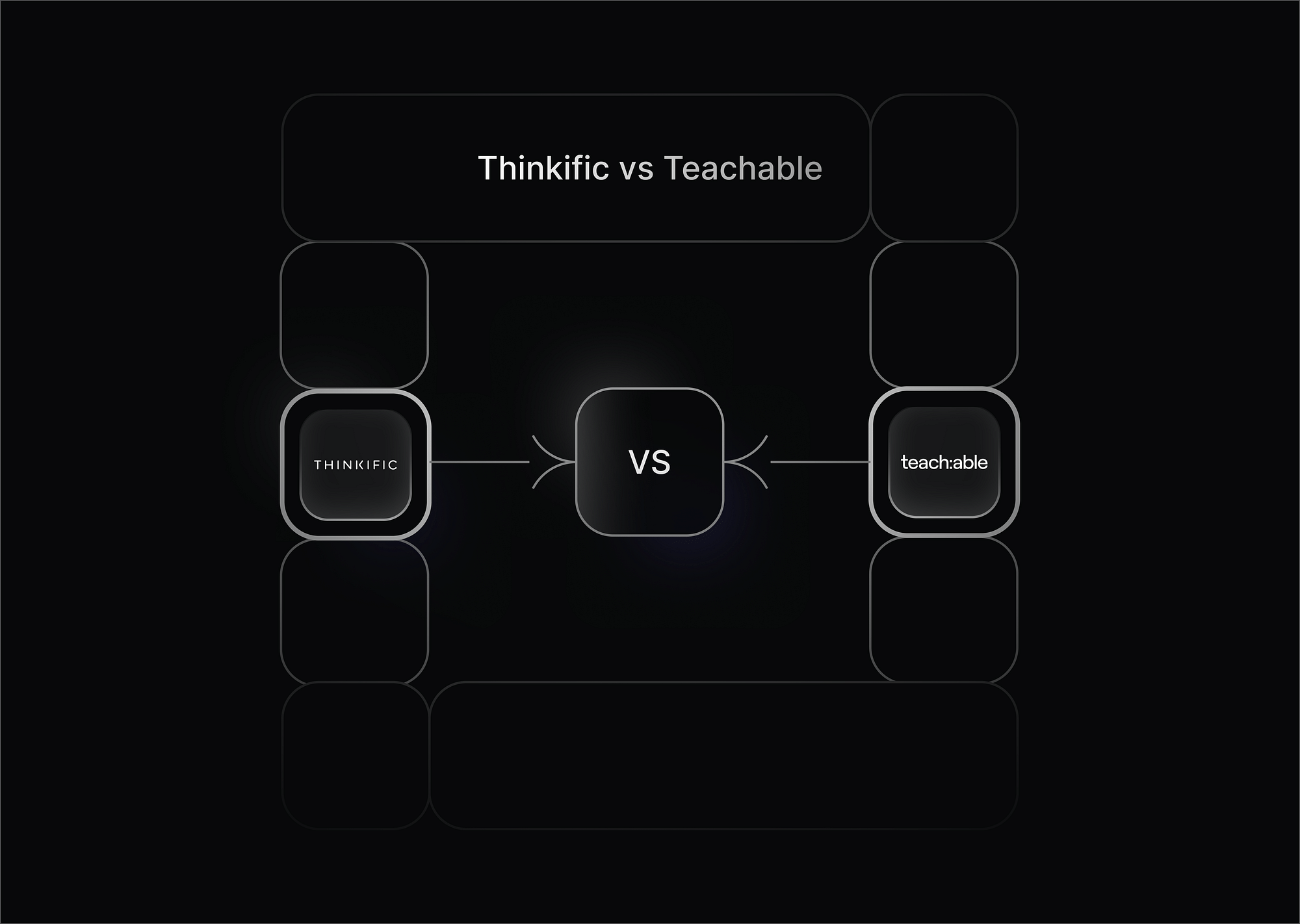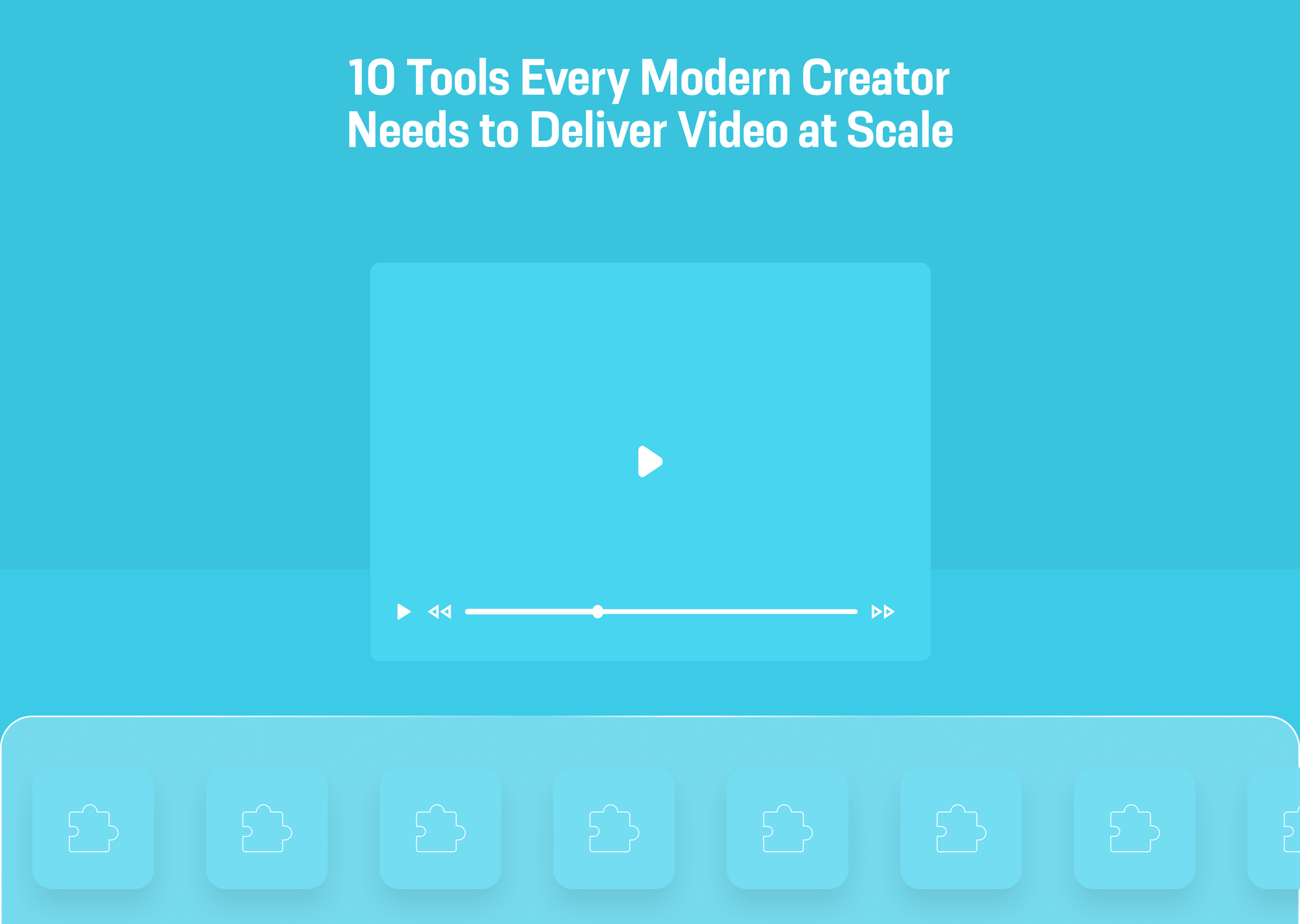Online learning has become a booming industry, and platforms like Thinkific and Teachable provide robust solutions for course creators. If you’re looking for the right platform to launch and scale your online courses, you may be torn between these two popular options. In this detailed comparison, we’ll explore Thinkific and Teachable across various aspects, including course creation, customization, pricing, and more.
What is Thinkific?
Thinkific is a powerful Learning Management System (LMS) that enables course creators to design, market, and sell their online courses seamlessly. It is known for its flexibility, ease of use, and a wide range of customization options, making it a top choice for educators and businesses.
Pros and Cons of Thinkific
Pros:
- User-friendly interface with drag-and-drop course creation tools
- No transaction fees on paid plans
- Extensive customization for course sites
- Strong integrations with marketing tools
- Secure hosting with full control over data and content
- Supports multiple payment options, including subscriptions and memberships
- Excellent customer support and community
Cons:
- Limited features on the free plan
- No built-in email marketing automation
- Lacks a mobile app for course creators

What is Teachable?
Teachable is another leading online course platform that simplifies course creation and monetization. It is known for its ease of use and robust monetization features, making it ideal for educators looking to generate revenue from their courses quickly.
Pros and Cons of Teachable
Pros:
- Intuitive course creation tools with a simple user interface
- Built-in email automation and marketing features
- Supports unlimited students on all plans
- Offers a mobile app for learners
- Advanced sales tools, including upsells and order bumps
- Competitive pricing with a free plan available
Cons:
- Charges transaction fees on lower-tier plans
- Less customization flexibility compared to Thinkific
- Limited site design options

Thinkific vs. Teachable: Quick Comparison
To give you a snapshot of how these platforms stack up against each other, here’s a detailed comparison table:
| Feature | Thinkific | Teachable |
|---|---|---|
| Course Creation | Advanced customization & flexibility | Simple drag-and-drop tools |
| Site Design & Customization | Full control with custom themes | Limited customization options |
| Monetization | Subscriptions, memberships, and payment plans | One-time payments, upsells, and order bumps |
| Marketing & Sales Tools | No built-in email automation, requires integrations | Built-in email automation |
| Integrations & API | Extensive third-party integrations | Fewer integrations but includes key marketing tools |
| Pricing | Free Plan: $0/month Basic Plan: $36/month Start Plan: $74/month Grow Plan: $149/month No transaction fee for any of the plans. |
Free Plan: $0/month (with a $1 + 10% transaction fee per sale) Basic Plan: $39/month (5% transaction fee) Pro Plan: $119/month (0% transaction fee) Pro+ Plan: $199/month (0% transaction fee) |
| Security & Compliance | Secure hosting, GDPR compliance | Secure hosting, GDPR compliance |
| Customer Support | 24/7 customer support on higher plans | Limited support on free plans |
| Community | Strong user community | Smaller user community |
| Mobile App | No mobile app | Has a mobile app for learners |
Now, let’s take a deeper look at these features.
Course Creation
Thinkific provides robust course creation tools that allow for greater flexibility and customization. You can create multimedia-rich courses with quizzes, assignments, and certificates. Teachable, on the other hand, has a more user-friendly interface that enables quick and easy course setup but lacks advanced customization features.
Site Design & Customization
Thinkific offers greater control over site design, allowing users to tweak themes, add custom code, and fully brand their course pages. Teachable provides basic site customization but does not allow as much flexibility.
Monetization
Teachable is designed with strong revenue-generating features like upsells and order bumps, making it ideal for maximizing earnings. Thinkific supports multiple payment models, including memberships and subscriptions, giving course creators more pricing options.
Marketing & Sales Tools
Teachable comes with built-in email automation tools, making it easier to communicate with students. Thinkific requires integrations with third-party email marketing platforms for automation, which may require additional effort.
Integrations & API
Thinkific has extensive integration options, supporting email marketing, CRM, and payment gateways. Teachable has fewer integrations but still covers essential tools for marketing and automation.
Pricing
Thinkific offers a Free Plan at $0/month, along with the following paid plans:
- Basic Plan: $36/month
- Start Plan: $74/month
- Grow Plan: $149/month
One of the key benefits of Thinkific is that it does not charge any transaction fees, even on its free plan.
Teachable also has a Free Plan at $0/month, but it charges a $1 + 10% transaction fee per sale. Its paid plans include:
- Basic Plan: $39/month (5% transaction fee)
- Pro Plan: $119/month (0% transaction fee)
- Pro+ Plan: $199/month (0% transaction fee)
Security & Compliance
Both platforms are GDPR-compliant and offer secure hosting, ensuring that course creators and students have a safe online experience.
Customer Support
Thinkific provides better customer support, including 24/7 assistance on higher-tier plans. Teachable’s support is limited on the free plan, which may be a drawback for new users.
Community
Thinkific has a more engaged community of educators and creators, providing better networking and learning opportunities. Teachable’s community is smaller but still provides valuable insights for course creators.
Is Thinkific better than Teachable? An Expert Opinion
If you’re looking for maximum flexibility and control over your online course business, Thinkific is the better choice. It offers superior site customization, better pricing (no transaction fees), and a more engaged community. This makes it particularly suitable for educators, entrepreneurs, and businesses that require a fully customized learning environment with extensive integrations.
On the other hand, if you prioritize ease of use, built-in email automation, and strong revenue-boosting features, Teachable may be the better fit for you. It simplifies the course creation process, making it easier for beginners and small-scale creators to get started. Additionally, its mobile app offers convenience for learners, enhancing engagement and accessibility.
Ultimately, the choice between Thinkific and Teachable depends on your business goals and technical requirements. If customization, control, and no transaction fees are your priorities, Thinkific is ideal. However, if you need a straightforward, revenue-focused platform with built-in sales and marketing tools, Teachable is a strong contender.
FAQs
1. How much does Thinkific cost per month?
Thinkific offers a free plan with limited features, while paid plans start at $49 per month. Higher-tier plans, such as the Start and Grow plans, provide additional benefits like unlimited courses, memberships, and priority support.
2. Can you sell courses on Thinkific?
Yes, Thinkific allows you to sell online courses using multiple pricing models. You can offer one-time payments, subscriptions, or membership-based access, making it a flexible platform for monetizing educational content.
3. Thinkific vs Teachable vs Kajabi: Which is better?
Kajabi is a more comprehensive but costly option, ideal for all-in-one marketing and course hosting. Thinkific is best for those seeking customization and no transaction fees, whereas Teachable is perfect for users looking for ease of use and built-in sales automation tools. The best choice depends on your needs and budget.
4. What is the most used platform for online classes?
Teachable and Thinkific are among the most popular platforms for independent course creators. However, large-scale platforms like Udemy and Coursera dominate the broader online learning market, catering to massive audiences worldwide.




